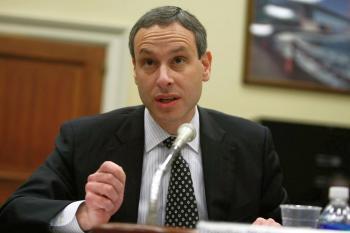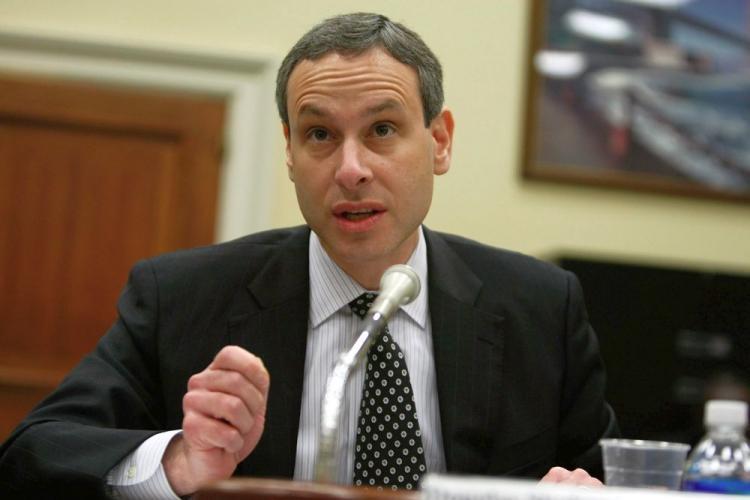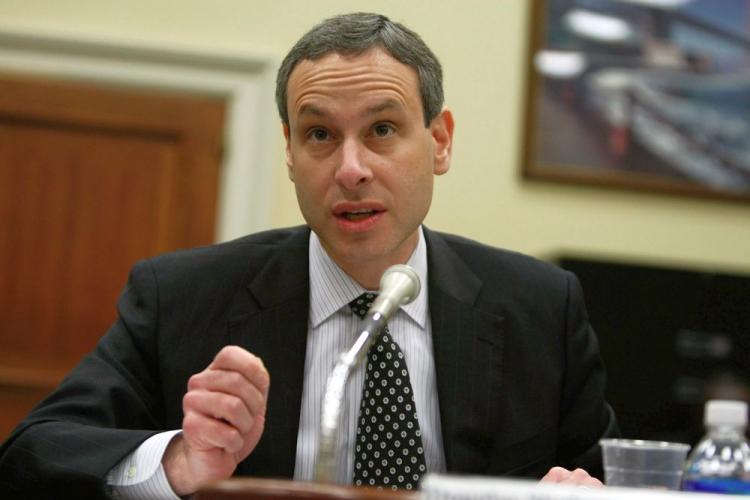IRS Audits More Small Businesses Than Large Corporates
The U.S. Internal Revenue Service (IRS) has been more diligent in auditing the tax returns of small businesses.

Internal Revenue Service Commissioner Douglas Shulman testifies during a hearing before a House committee in Washington, D.C. last year. Alex Wong/Getty Images
|Updated:





